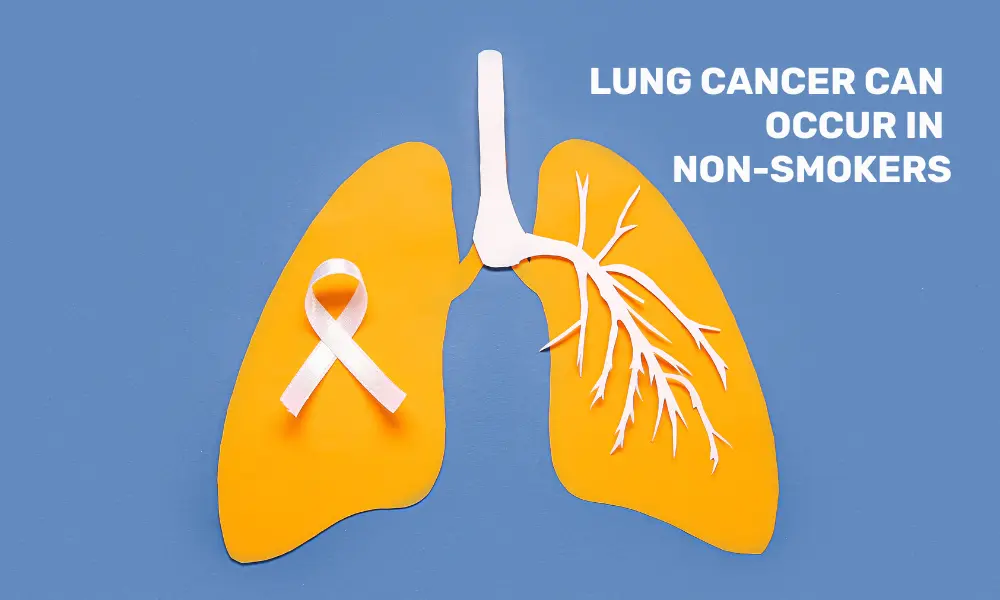PCOS cases have been on a rise among older women & teenage girls. Genetics, a sedentary lifestyle, and being overweight contribute to PCOS. Therefore, parents of young girls should seek prompt medical attention by scheduling a doctor’s appointment if such a problem comes to their attention. A well-balanced diet, daily exercise, avoiding stress, and maintaining a healthy weight is usually considered to be effective.
Teenage girls and women who suffer from hormonal imbalances are more likely to develop PCOS. This condition can affect girls who have higher levels of androgens in their bodies. “A higher incidence of PCOS has been linked to several factors, including being confined at home, a lack of physical activity, stress, irregular menstruation, increased consumption of junk food, binge-watching TV, and irregular sleep patterns. Increased levels of male hormones, insulin resistance, acne, and dark skin patches are all symptoms of PCOS. PCOS can make it difficult for someone to perform daily tasks with ease. This condition has serious side effects, including infertility, type 2 diabetes, hypertension, and cardiovascular diseases. “We see five to ten patients per week who are complaining of PCOS. This condition must not be ignored at all. By noting the symptoms and enhancing the quality of life, management of this alarming condition is urgently required” according to Dr. Pratima Thamke, Consultant Obstetrician & Gynecologist, Motherhood Hospital, Kharghar.
The doctor will review the patient’s medical history, menstrual history, and physical examination to diagnose the condition. Blood tests are performed to check the levels of androgen hormones in the blood and to rule out other states with similar symptoms. An oral glucose tolerance test can check for elevated insulin and blood glucose levels. Your treating physician will prescribe some medications to treat symptoms like acne, irregular periods, and excessive facial hair growth. In addition to taking your medications, you must maintain a healthy lifestyle. Try to consume fresh produce, whole grains, lentils, pulses, nuts, seeds, fruits, and plenty of water. Steer clear of processed, canned, oily, and spicy foods. If the girl is bleeding a lot, she should consume iron-rich foods to prevent anemia. Iron-rich foods like spinach, dried fruit, eggs, and broccoli should be part of her daily diet. You will need to exercise regularly to keep your weight healthy. Try to get 150 minutes of exercise at least five days a week. Avoid engaging in any strenuous activities because there is a risk of injury. To reduce stress, practice yoga and meditation, recommended Dr Veena Aurangabadwalla, a gynecologist at Zen Multi-specialty Hospital in Chembur.





